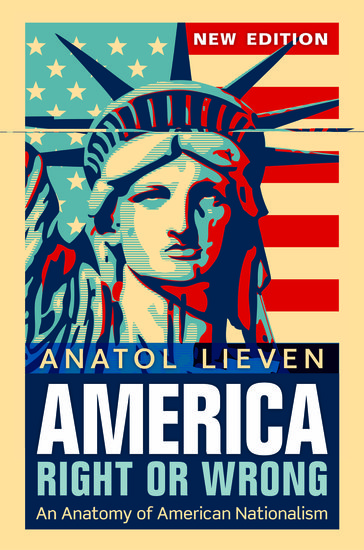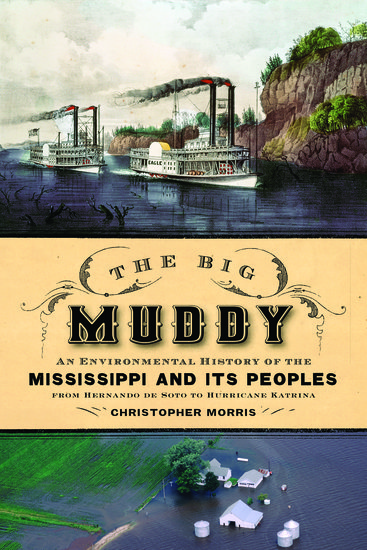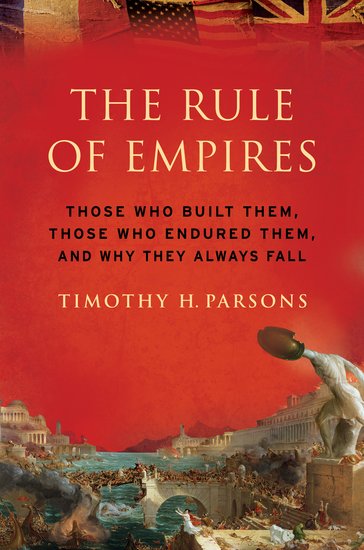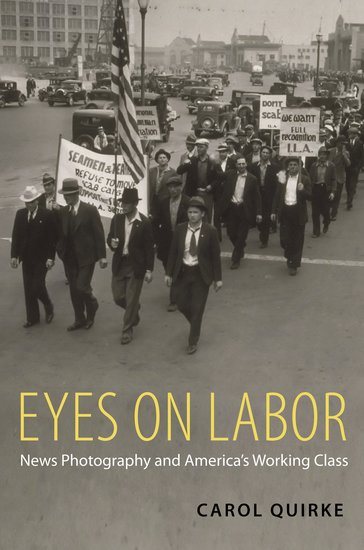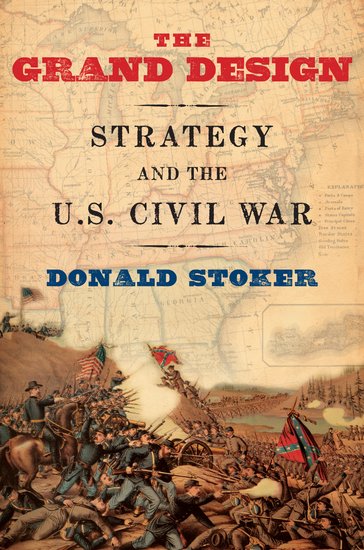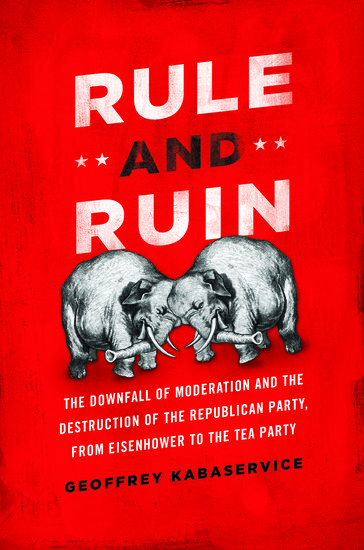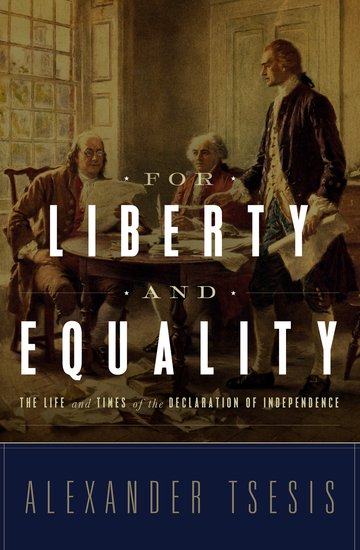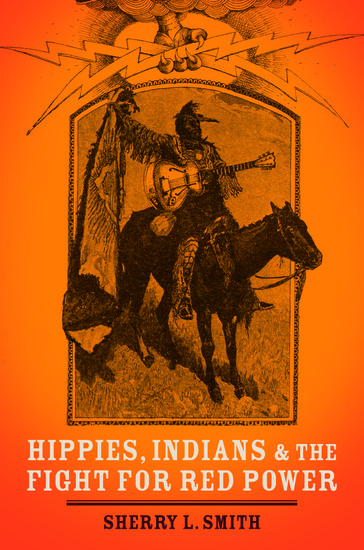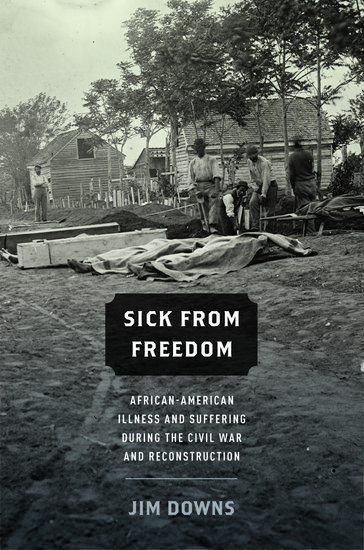Reflections on the first presidential debate
By Andrew J. Polsky
As the first presidential debate recedes in the rearview mirror, we may be able to gain clearer perspective on what it means to the 2012 presidential race. For starters, the clear winner was the news media. No one likes a one-sided presidential campaign, and that was the direction of the contest over several weeks prior to the debate.


